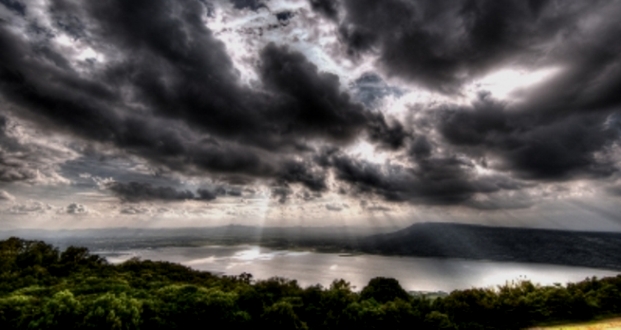
By Fr Dexter Brereton, CSSp ThM STL
“I can’t do anything for you. You are already married in another church.” This was the advice received some years ago from a young priest at a parish in Canada by a young man, the son of a prominent church leader. He and his girlfriend on a
The young priest’s response was not surprising, nor was it ‘pastoral’, given the strong emphasis in Catholic culture on order and discipline in legal and sacramental matters. Indeed, for us Catholics, what marks us strongly as a community is a strong sense of “tradition.” In the modern world, ‘tradition’ has gotten a bad name – for example we speak of people being narrow and ‘traditionalist’ – meaning stuck in the past. The word itself comes from the Latin infinitive tradere which means to ‘hand over’. Together with scripture, i.e. the bible, tradition serves as a bedrock of continuity, identity and unity in the heart of any community. In the Catholic world tradition refers to everything which the church in her life, teaching and worship hands down to successive generations. It is everything that she herself is, all that she believes. Tradition is not an unmoving concrete pillar, it is more like a gigantic mango (international readers substitute your preferred tree here) tree, which continues to grow and sprout new leaves and branches, as Christians down through the ages come up with deeper understanding of the faith as they put new questions to it.
Catholics see the institutions and the ‘traditions’ of the Church as a real gift of God. On this the feast of the Holy Spirit however, we are given the important reminder that we must also make room for ‘spontaneity’ and ‘generosity’ in Christian life. Our rules and traditions, as important and as vital as they are, must never become a ‘coffin’ or straight-jacket for the community. Sacramental discipline must never be an excuse for us to ‘close the church door’ on others, especially the errant sinner. Pope Francis made some allusion to this way of thinking when in a recent mass at St Peter’s warned that ‘the Holy Spirit does not come bearing ‘an agenda’ (i.e. a schedule), it comes as fire.’ The pontiff noted that people think that everything in the church is going well as long as it is under control. That is, ‘without shocks’ and ‘agenda always in order.’
As a priest and especially as a Roman Catholic, my life, lived under the power and force of the Holy Spirit – this Spirit who at times acts like a ‘roughneck’, violently shaking me up, has never been calm and unruffled. Often it seems that my life goes from crisis to crisis. There is always a cloud on the horizon. I am always teetering on the brink. Powered by the Holy Spirit, our lives as Christians are often scary, hard and untidy, but ALWAYS fulfilling. Indeed, it is for this reason that I always find the first reading for the Solemnity of Pentecost strangely comforting. Here in Jerusalem, the bedrock of Jewish identity and tradition, near the temple, which was the symbol of Jewish unity and stability, came the incoherent babbling, the untidy but joyful rabble bursting forth with praise as the Church came to birth. ‘Surely, they said, all these men speaking are Galileans? How does it happen that each of us hears them in his own native language? Parthians, Medes and Elamites; people from Mesopotamia, Judaea and Cappadocia, Pontus and Asia, Phrygia and Pamphylia, Egypt and the parts of Libya round Cyrene; as well as visitors from Rome – Jews and proselytes alike – Cretans and Arabs; we hear them preaching on our own language about the marvels of God. Notice that the Spirit brings to speech all different kinds of languages for different kinds of audiences, a sign of the Spirit’s radical embrace of all of humanity. There is no ‘pidgin’ no ‘taki, taki’, no language left safely hidden away in the intimacy of the home. The implication is that there is no one way of understanding humanity, no one classical culture, no one sacred language. But this radical inclusivity of the Holy Spirit was surely frightening for the people of that time as it continues to be today. This raucous praise of God offends against our notions of discipline and order.
Today, I see this marvelous inclusivity lived out not so much in language as in the mixed nature of our religious congregations. Here in this land, our Catholic masses routinely welcome members of the Anglican communion. These are treated as brothers and sisters and come occasionally to receive the sacraments. We have persons from other Christian denominations who worship with us from time to time and are made welcome among us especially at Christmas and Easter. None of this I suppose conforms strictly to liturgical law, but it conforms to the Law of the Spirit who is the force of mercy and love and acceptance within human hearts.




